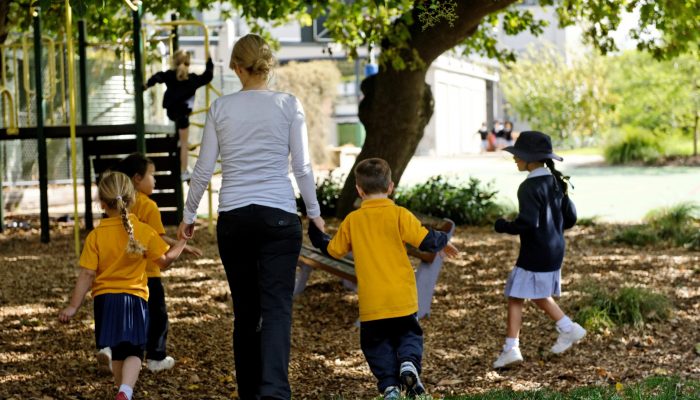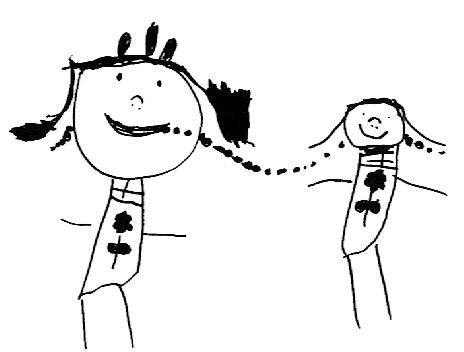Early Childhood Educators Day – Wednesday 1 September 2021

Early Childhood Educators Day recognises and celebrates the work of Australia’s educators in early childhood centres for their contribution to the learning and wellbeing of young children.
REAIE recognises the significance of the early years of a child’s life and the professionalism of the educators who provide high-quality learning experiences for children. High-quality learning experiences are a value and a choice in the organisation of an early childhood educator’s work.
The principle of organisation in Reggio Emilia is “a structural part of the values and choices of educational project…Particular importance is given to the working conditions and contractual forms that foster stability, continuity and a sense of belonging” (ICPIMRE, 2010, p.13). REAIE would like to take the opportunity of Early Childhood Educator’s Day to advocate, highlight and draw your attention to the concept and value of educational continuity as a value of the principle of organisation.
“Educational continuity does not mean to standardise educational initiatives [undertaken by each school level] or to refuse change; rather it means to elaborate formative pathways within a coherent developmental logic, that values the competencies previously acquired by children, and that recognise […] equal dignity for the educational initiatives undertaken at each [school] level. (C.M. 339/1992; translation by the authors).” (Lazzari & Balduzzi, 2013, p. 163).
The concept of educational continuity is rooted in the beliefs of a child’s right to education, an image of the child as a citizen and a competent human being. It may also contribute to the professional identity of early childhood educators.
If we consider the concept of educational continuity and advocate for a competent image of the child with rights, we may be able to:
- reconceptualise the current government and societal perception of the early childhood educator’s role from a carer or essential worker as an economic necessity to that of educator, teacher, and early childhood professional,
- question school readiness approaches where the goals of Early Childhood Education (ECE) are subservient to broader educational purposes.
Children’s rights are inextricably entwined with the rights of early childhood educators.
An argument for the recognition of educational continuity is a form of advocacy for both the rights of children and the image of the early childhood educator as a professional:
- who possesses deep pedagogical understandings of teaching and learning and the purpose of education,
- whose learning is a commitment and an investment,
- who deserves systemic level pay parity and conditions.
Broadly, governments in Australia, paradoxically through the National Quality Framework, argue for and support a belief in the value of continuity, but in reality, lack the political will to advocate for a coherent educational continuity where early childhood educators are valued and recognised as professionals.
REAIE values the work of Early Childhood Educators today and every day and will continue to advocate for this profession as an issue of social justice.
References:
Infant-toddler Centres and Preschools Istituzione of the Municipality of Reggio Emilia [ICPIMRE]. (2010). Indications: Preschools and infant-toddler centres of the municipality of Reggio Emilia. ICPIMRE.
Lazzari, A., & Balduzzi, L. (2013). Bruno Ciari and ‘educational continuity’ In P. Moss (Ed.), Early Childhood and Compulsory Education: Reconceptualising the relationship. (pp. 149-173). Routledge. http://www.routledge.com/books/details/9780415687744/

